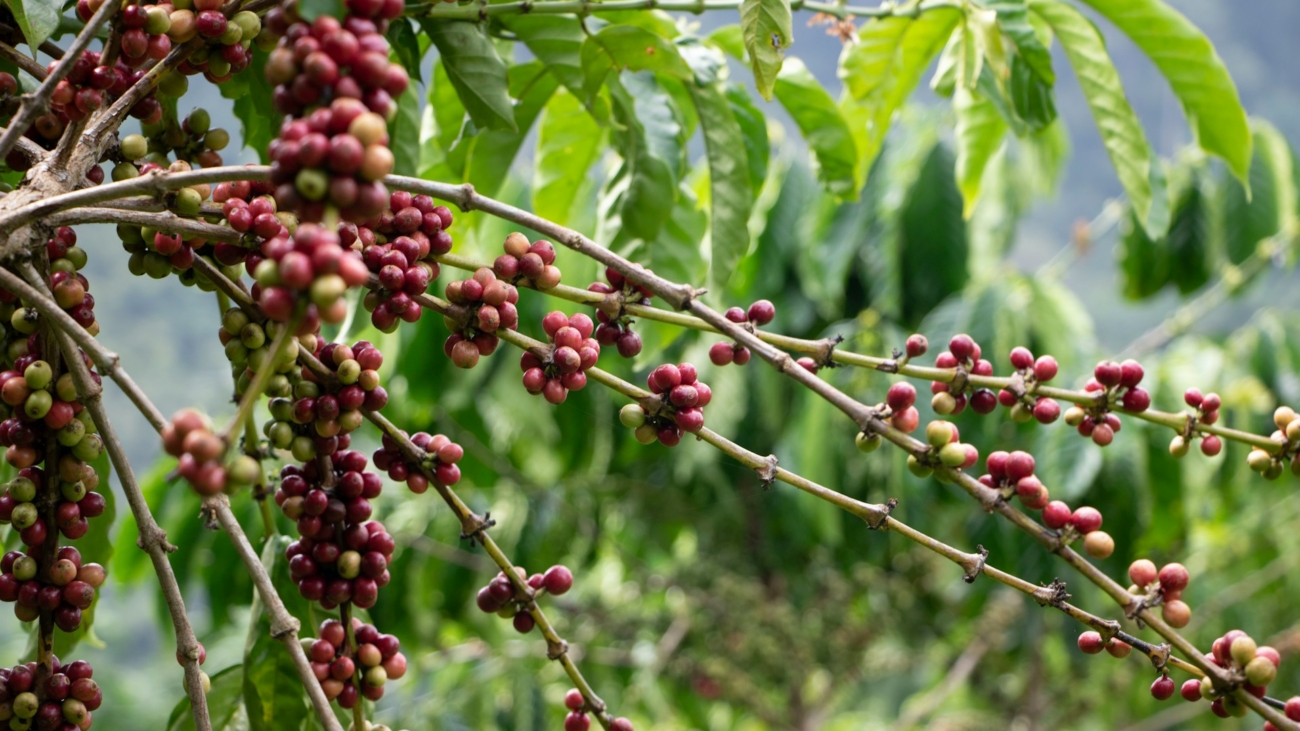1. Precision Agriculture
Smart Irrigation Systems
Implementing smart irrigation systems that utilize soil moisture sensors, weather data, and AI algorithms can optimize water usage. This ensures that coffee plants receive the right amount of water at the right time, reducing water waste and improving yield quality.
Drones for Monitoring
Drones equipped with high-resolution cameras and multispectral sensors can monitor crop health, pest infestations, and water distribution. This aerial view allows plantation managers to make informed decisions quickly and accurately.
2. Sustainable Practices
Agroforestry
Incorporating agroforestry practices, such as planting shade trees and integrating other crops, can enhance biodiversity and create a more resilient ecosystem. Shade trees can also improve coffee quality by providing a more stable microclimate.
Organic Farming
Transitioning to organic farming methods can reduce the dependency on chemical fertilizers and pesticides. Using organic compost and natural pest control methods can improve soil health and promote sustainable farming practices.
3. Technological Integration
Blockchain for Traceability
Using blockchain technology to track and trace coffee from the plantation to the cup can ensure transparency and build consumer trust. It can also help in maintaining records of farming practices, certifications, and quality control measures.
IoT Devices
Internet of Things (IoT) devices can be used to collect real-time data on various parameters such as soil pH, temperature, and humidity. This data can be analyzed to make precise adjustments to farming practices, ensuring optimal growing conditions.
4. Innovative Harvesting Techniques
Mechanical Harvesters
While manual harvesting is labor-intensive and time-consuming, mechanical harvesters can significantly speed up the process. These machines can be designed to selectively harvest ripe cherries, ensuring high-quality yield.
Robotic Harvesters
Robotic harvesters equipped with AI can identify and pick ripe coffee cherries with precision. These robots can operate around the clock, increasing efficiency and reducing labor costs.
5. Advanced Processing Methods
Solar Dryers
Using solar energy to dry coffee beans can reduce reliance on conventional energy sources and decrease drying times. Solar dryers are an eco-friendly and cost-effective solution for coffee processing.
Fermentation Innovations
Experimenting with different fermentation methods can enhance the flavor profile of coffee. Controlled fermentation processes using specific yeast strains can produce unique and high-quality coffee varieties.
6. Enhancing Worker Welfare
Fair Trade Practices
Implementing fair trade practices ensures that farmers and workers receive fair wages and work in good conditions. This not only improves the livelihood of those involved but also promotes ethical production standards.
Training and Education
Providing training programs on the latest farming techniques, sustainable practices, and technological tools can empower farmers to improve their productivity and profitability.
7. Climate Adaptation Strategies
Drought-Resistant Varieties
Developing and planting drought-resistant coffee varieties can help mitigate the impact of climate change. These varieties are more resilient to water stress and can thrive in varying climatic conditions.
Climate-Smart Agriculture
Implementing climate-smart agricultural practices, such as soil conservation, water management, and diversified cropping systems, can help coffee plantations adapt to changing climate patterns and ensure long-term sustainability.
Conclusion
Innovative management of coffee plantations in India holds immense potential to transform the industry. By adopting precision agriculture, sustainable practices, technological integration, advanced processing methods, and climate adaptation strategies, Indian coffee plantations can not only improve productivity and quality but also ensure environmental sustainability and socio-economic welfare. Embracing these innovations can position India as a leader in the global coffee market, producing high-quality coffee that meets the demands of discerning consumers worldwide.

